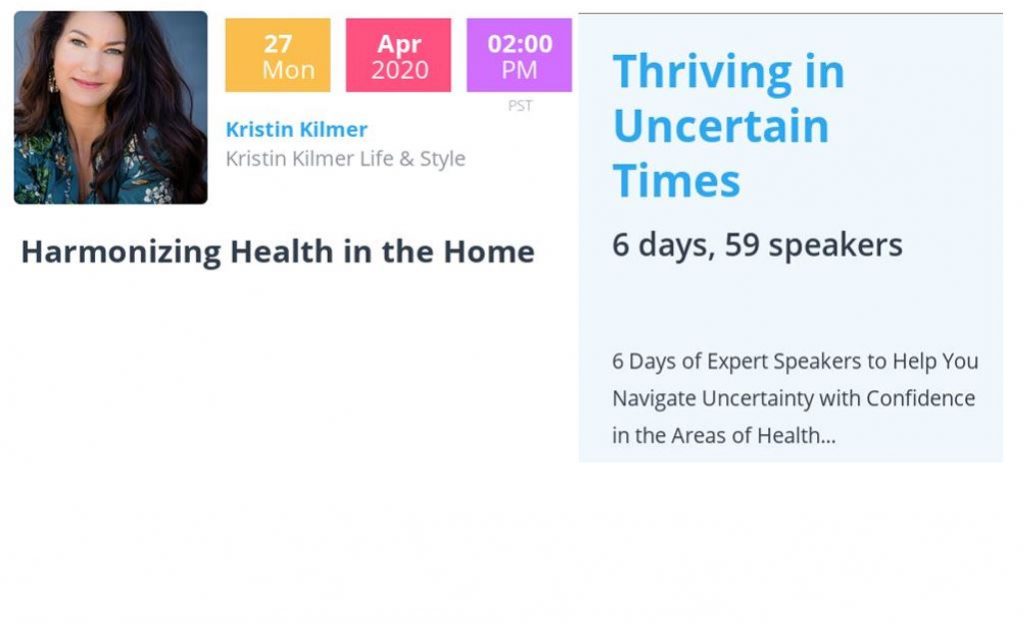It becoming evident that during this time of global pandemic, that we are in a collective “chrysalis” whereby the butterfly goes into the cocoon and transforms into a magnificent butterfly after the incubation period.
Many people are talking, joking, and now even panicking about the “Quarantine-15.”
But we can re-frame our thinking/perspective and treat this as a time of radical transformation and be intentional in this. Firstly, for ourselves and then for those around us. It’s truly a time to make the changes that we have wanted to do for so long, in all areas of our lives, and these changes start from within. We don’t need to be militant about it; after all, all sorts of emotions are flying around and we do need down time for rest and to process all of this. When the entire world is sad and depressed, it brings up other areas in our lives that we are depressed about. So feel the grief, BE in the sadness, journal it out and then let it go to make way for new light.
It’s also important that we re-parent our mind and body now more than ever, that we stay disciplined with our self-talk, keep up with exercise, meditation, breath work (“baby steps” if you are new) and healthy food. Its also important that we maintain fulfilling work for ourselves and in service to others. The more we serve others, the more we heal ourselves.
Because of these high emotions, it’s now more important than ever to eat as healthy as possible, with the most nutrient-dense foods to boost our immunity and keep our energy and serotonin levels high. Many people are hoarding food and buying up all sorts of empty snacks. It’s advisable not to take this time out as a vacation from healthy eating or free-for-all. A few treats, here and there is great but frequently will continue to cause a downward spiral especially as we are more sedentary.
We get to take this extra time at home to make and prepare healthy food and not just grab for empty snacks. As many of us are emotional eaters, this can be challenging.
This is why I recommend intermittent fasting (IF). Some people argue that its not advisable for people with food obsession (which I have tremendously overcome and I specialize in within my health coaching business), but I find this to be the opposite. Many of us are disciplined in SO many areas of our lives that once we set an intention to put a time limit on our eating it can become quite easy. Furthermore, research has shown that IF actually lowers the hormone, ghrelin, also known as the hunger hormone so it actually reduces appetite.
There are many different types of intermittent fasting. I use the 12:8 method but have reduced it to 6 hours and I eat between noon and 6 (start with an 8 hour window). This is not to diet but to really feed yourself well during this time. You will naturally consume less calories so the majority of people do indeed lose weight.
Not only do people experience weight loss, but when one is fasting, they are slowly burning through the glucose that is stored in the liver. According to Matt Mattson, a neuroscientist at John Hopkins, the liver holds about 700 calories of glucose, and it takes 10 to 12 hours to use the liver’s energy stores. Once that happens, a process called “metabolic switching” occurs and then the body starts to use and burn fat for energy. Eating 3 meals a day does not allow a body to run through the energy stores and switch to fat burning.
This process also lowers insulin level and studies have shown that intermittent fasting can increase human grown hormone up to 5-fold as well as norepinephrine which can speed up the body’s metabolic rate by 3.5 – 14 %. Also, because of this specific hormone production, it significantly reduces harmful fat around the abdominal areas which known to cause heart disease and diabetes. Moreover, with this increase hormone function, cells also initiate important cellular repair processes by removing waste and changing which genes they express.
If those benefits aren’t enough, further studies from John’s Hopkins, the European Journal of Medicine, and Nutrition Research show that Intermittent Fasting significantly decreases sistolic blood pressure and LDL cholesteral (the BAD one) which lowers the risk of heart and kidney disease and stroke. Prolonged fasting shows to significantly reduce pro-inflammatory markers to combat inflammation which, in this time of additional stress can really tax the body. Furthermore, it boosts brain function and focus by improving connections within the brain’s hippocampus and also protect against amyloid plaques which is found in patients with Alzheimer’s.
And last but not least, according to an article published in December 2018 in Nature and Science of Sleep there is the theory that IF regulates circadian rhythm, which determines sleep patterns. A regulated circadian rhythm means you’ll fall asleep easily and wake up feeling refreshed. It also makes sense that if you have your last meal earlier in the evening, you’ll have digested the food by the time you go to bed; and sleeping on a full stomach can lead to bedtime acid reflux or heartburn which obviously disrupts sleep.
As when starting a new habit, there can be some discomfort in the beginning but every ancient culture lived this way. That is why breakfast is often broken down to “breaking the fast.” Just know that our bodies and DNA are actually wired for this and you will become accustomed quickly and feel great once you get into the rhythm of it all.
Want to learn more or get support? Sign up below to schedule a 15 minute discovery call! Would love to help.





